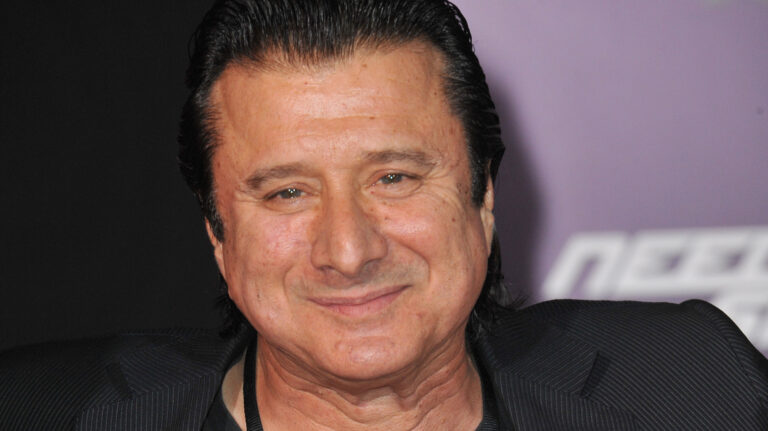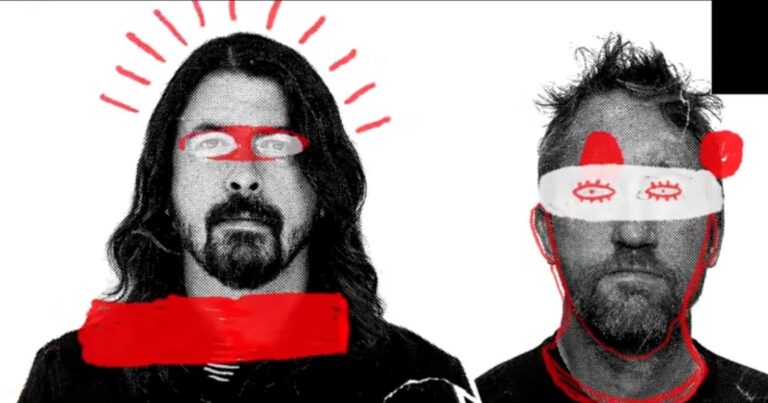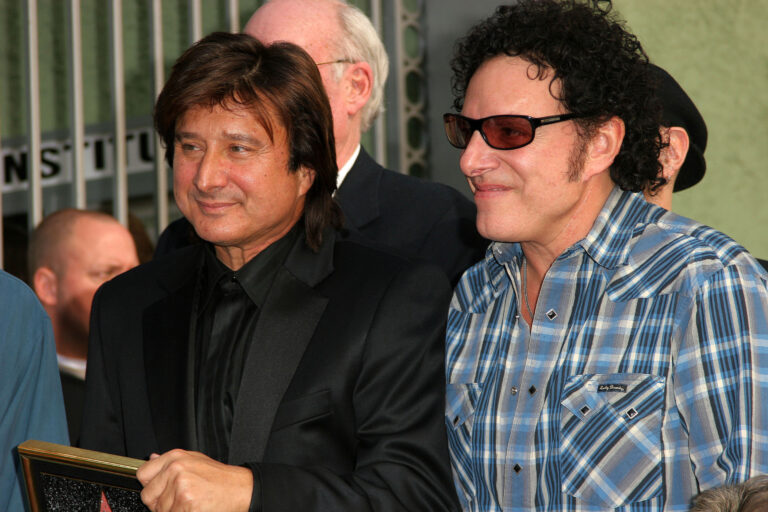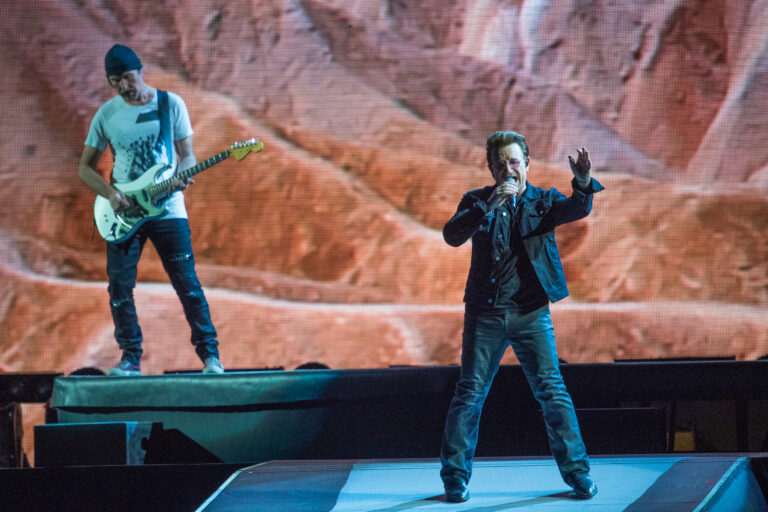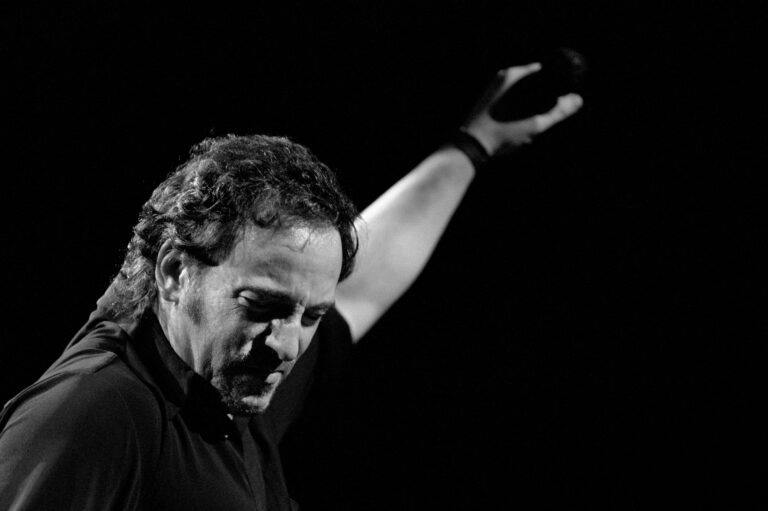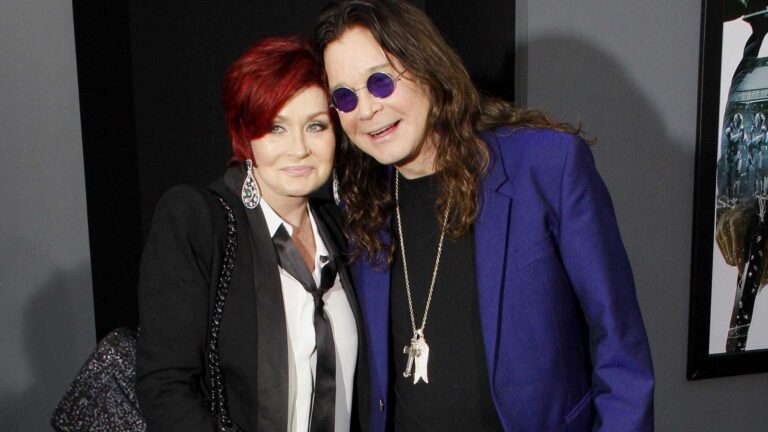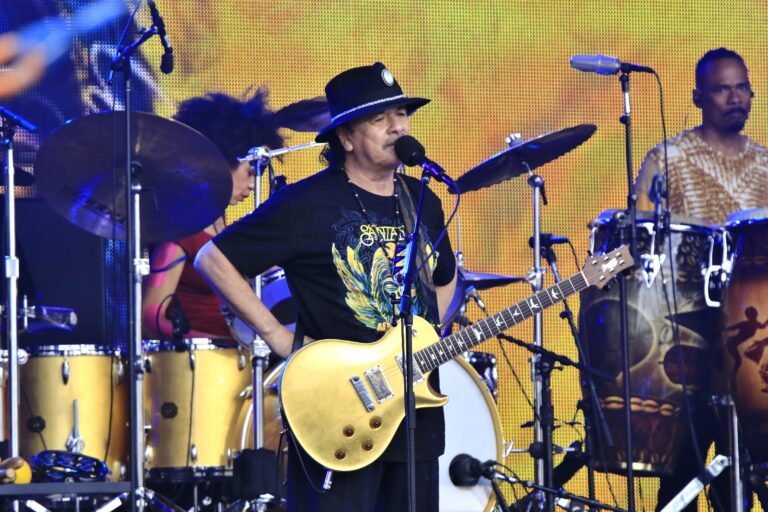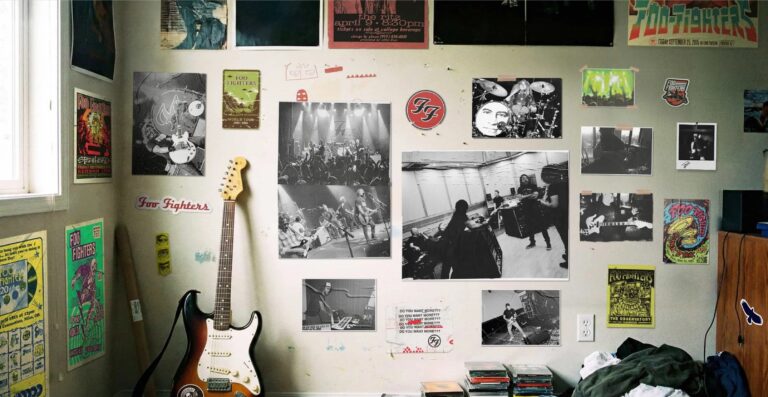
This Is What Roger Daltrey Had To Say About Zak Starkey

The Who has recently been embroiled in controversy surrounding the departure of longtime drummer Zak Starkey. Known for his dynamic drumming and being the son of legendary Beatle Ringo Starr, Starkey's exit has sparked a media storm, drawing responses that have shaken the band’s fraternity. Central to this controversy is Roger Daltrey, the iconic frontman of The Who, who has been vocal about his distress over the comments Starkey made upon his departure. Daltrey has labeled Starkey's remarks as “character assassination,” a statement showcasing his displeasure and frustration regarding the portrayal of events.
Starkey's exit from The Who has been anything but smooth, having been fired, rehired, and then fired again within a short span. This series of events has led to public animosity, with Starkey and Daltrey trading verbal blows in the press. It all began at a performance at London’s Royal Albert Hall, where Daltrey had difficulty hearing the band due to what he claimed was excessive sub-bass from Starkey's drums. Daltrey argues that his intention was not to target Starkey personally, but rather to address a technical sound issue, as conveyed during a recent interview. Starkey, however, interpreted Daltrey’s onstage comments as a direct attack on his performance, further escalating tensions.
The controversy surrounding this incident has been heightened by the statements made by Starkey and his father Ringo Starr, both of whom have expressed disappointment with how the situation was handled. Starkey contends that he was not at fault during the gig and maintains that the issue lay in the band's preparation and Daltrey's own performance. Daltrey, on the other hand, insists that the misunderstanding stemmed from the technical setup involving the electronic drums and in-ear monitors, factors that interfered with his vocal pitch during the performance.
Adding to the complexity of the situation, Daltrey has emphasized the immutable hierarchy within The Who, stating that only he and guitarist Pete Townshend hold permanent positions in the band, with all others, including Starkey, considered temporary session players. This assertion highlights the band's dynamic and possibly explains Starkey's multiple firings as part of a broader strategy by Daltrey and Townshend to explore different musical avenues. Despite this proclamation of authority, Daltrey admits that Starkey’s reaction to the whole affair was particularly hurtful and damaging.
The repercussions of Starkey’s departure and subsequent media fallout have not only impacted relations within the band but have also drawn significant public attention. Fans have been divided, with some expressing sympathy for Starkey and others rallying behind Daltrey and Townshend. This split is indicative of The Who’s enduring legacy and the strong emotional ties they have developed with their audience over decades of groundbreaking musical contributions. Furthermore, the dispute comes at a pivotal time for the band, as they embark on what Daltrey has announced will be their final tour, dubbed *The Song Is Over.*
As The Who prepares for its last tour, Daltrey faces personal challenges beyond musical disputes. The singer has openly discussed his health issues, including partial deafness and a degenerative eye condition, signaling the profound toll that decades on the road have taken on him. However, he remains adamant about performing as long as he can, dismissing the notion of retirement and declaring that performing live is what keeps him going. This unyielding spirit embodies The Who's storied history as one of rock music’s most enduring and influential acts.
Key Takeaways
-
www.loudersound.com | Roger Daltrey accused Zak Starkey of 'character assassination' after an incident involving miscommunication on stage related to drum sound which Daltrey found incredibly upsetting.
-
www.billboard.com | Zak Starkey was fired and rehired by The Who multiple times over disputes that included stage performance issues and public statements made by Starkey.
-
www.ultimate-guitar.com | Roger Daltrey defends his actions involving Zak Starkey, explaining that the disputes were due to technical issues with drum sounds during live performances.
-
www.the-independent.com | Following Zak Starkey's departure, Roger Daltrey clarified that everyone in The Who besides himself and Pete Townshend are considered session players, asserting their control over the band.
-
www.billboard.com | Daltrey expressed that technical difficulties during live shows caused misunderstandings on stage, highlighting challenges with in-ear monitors.
-
www.billboard.com | Roger Daltrey confirms that the current tour will be The Who's last due to the physical demands of touring, although he left open the possibility of future one-off performances.
Related Stories
Steve Perry Considers a Possible Journey Reunion in 2026
Steve Perry remains one of the most iconic voices in rock history and his legacy is inseparable from Journey’s most…









